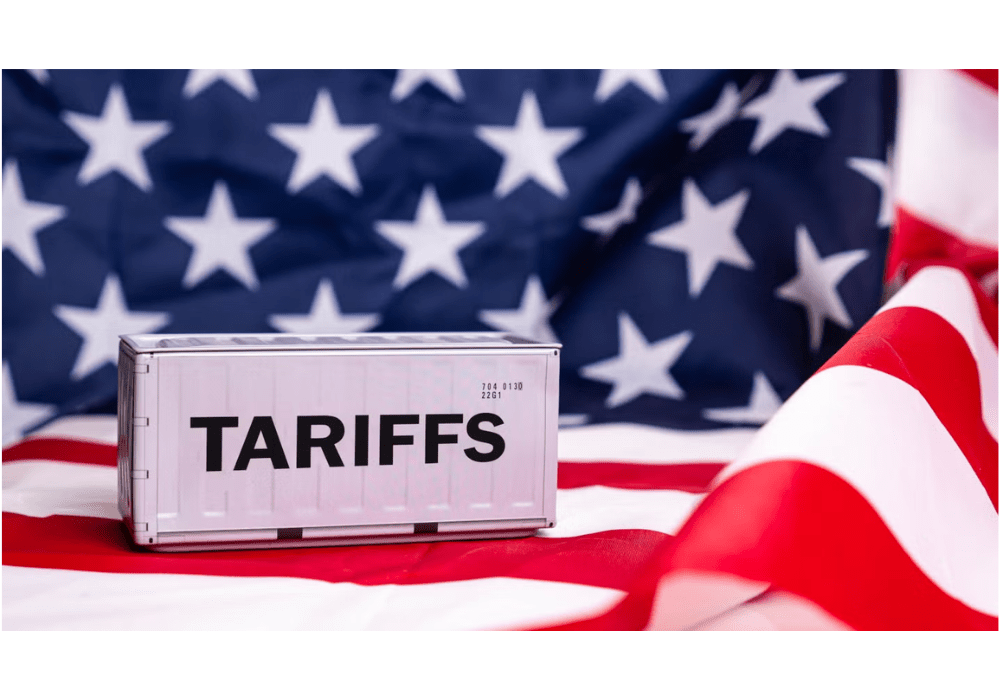The United States may reduce tariffs on Bangladeshi goods further if the trade gap between the two countries narrows, according to Commerce Adviser Sk Bashir Uddin. Speaking at a press briefing in Dhaka after talks with a visiting US delegation, he said a new trade agreement is expected to be signed later this month.
Bangladesh currently faces a 20% reciprocal tariff on its exports to the US, set in August after lengthy negotiations with the Office of the US Trade Representative. Dhaka hopes the rate could fall further, giving its exports a stronger edge over competitors like China and India, which face higher tariffs. Vietnam, another key apparel exporter, was also assigned a 20% tariff, with the risk of rising to 40% for transshipped goods.
Read More: Bepza Economic Zone Secures $334m Investment in Eight Months
At present, the two-way trade is heavily tilted in Bangladesh’s favour. The country exports goods worth more than $8.2 billion annually, largely garments, while imports from the US stand at only about $2 billion, leaving a gap of around $6 billion. However, the commerce ministry reported progress: the trade gap narrowed by $600 million in FY 2024–25, with a further $276 million reduction in the first two months of FY 2025–26.
To address the imbalance, Bangladesh has pledged to boost imports of US goods including liquefied natural gas (LNG), wheat, soybean, and cotton. It also committed to purchasing aircraft from Boeing, although deliveries may be delayed as the American manufacturer has no slots available before 2033. Private firms have already begun sourcing more US wheat, which contains 10–15% more protein than Russian wheat and is currently cheaper. Imports of soybean products and cotton have also increased.
The visiting US delegation, led by Brendan Lynch, Assistant US Trade Representative for South and Central Asia, also sought updates on Bangladesh’s earlier commitments. The discussions focused on agriculture, energy, and aviation procurement.
Read More: Arla Expands in Bangladesh with Focus on Youth, Nutrition and Sustainability
Officials stressed that any tariff reductions will hinge on sustained efforts to lower the trade imbalance. With Bangladesh ranking as the third-largest apparel exporter to the US, holding a 9.3% share of the $81 billion US apparel market, policymakers see the upcoming trade deal as a critical step to secure growth while diversifying imports.


